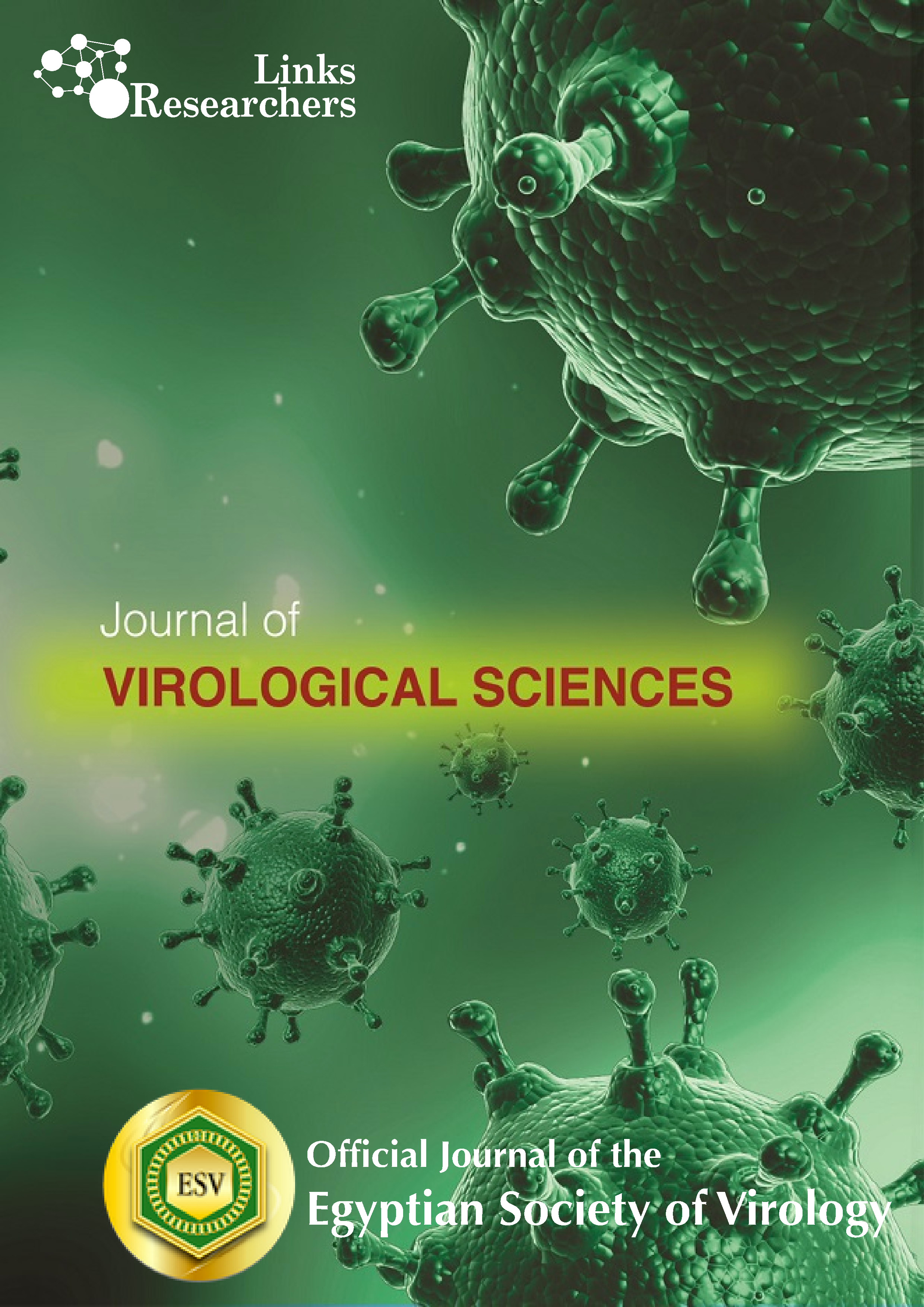The metalloprotease inhibitor EDTA enhances rate of HAV replication in cell culture
The metalloprotease inhibitor EDTA enhances rate of HAV replication in cell culture
D. N. Abd-elshafy1, 2 and M. M. Bahgat2, 3
ABSTRACT
Introduction: Hepatitis A Virus is a picornavirus that can be detected in environmental or clinical samples. Its replication in cell culture is slow and so cytopathic effect might take up to two weeks to appear making it not easy to detect presence of virus. the present work aimed to study effect of inhibiting HepG2 cellular proteases on replication rate of the virus. Plaque infectivity count assay was carried out using safe concentrations of the cocktail protease inhibitor MixG and its five components: ABESF, aprotinin, E-64, leupeptin and EDTA. Also quantification of the activities of both intracellular and secreted HepG2 proteases was carried out using specific chromogenic substrate at different ranges of pH values. Results showed that EDTA has intracellular metalloprotease inhibitory effect that enhances rate of HAV replication and thus reduces time needed for the virus to cause cytopathic effect. Such finding will definitely facilitate the detection of the virus both in clinical or environmental samples using cell culture techniques.
To share on other social networks, click on any share button. What are these?




